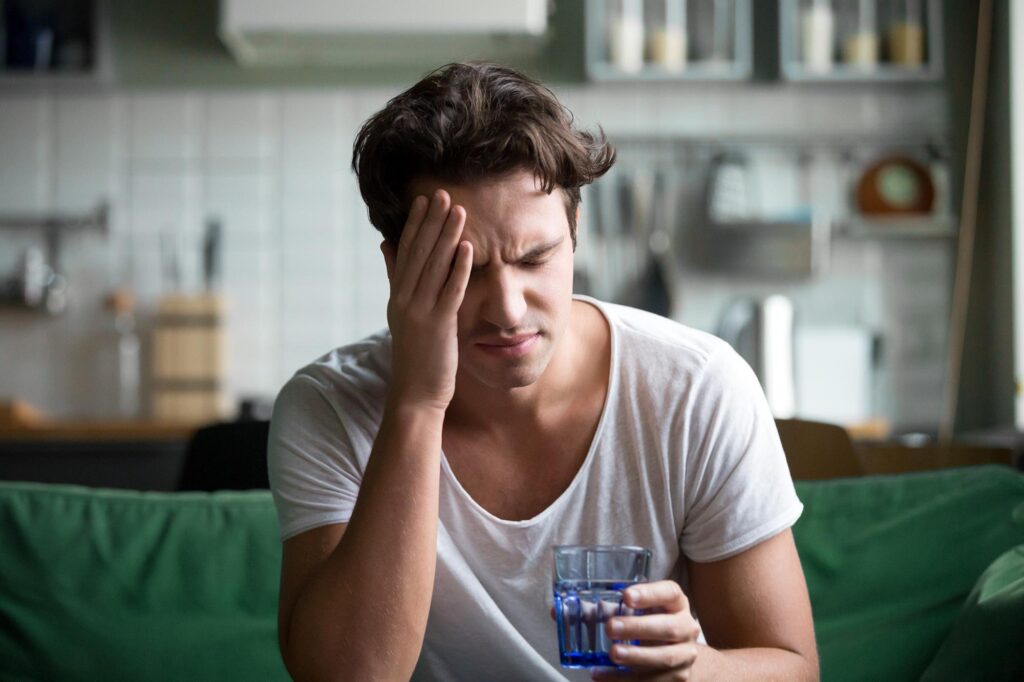Have you ever woken up after a night of indulging in wine feeling groggy, headachy, and overall just not yourself?
If so, you’re not alone. Hangovers are a common experience after consuming alcohol, and wine hangovers, in particular, can be quite notorious. In this blog, we’ll delve into why people experience wine hangovers, including factors like alcohol content, and offer practical tips to minimize their effects.
Why Do Wine Hangovers Happen?
- Alcohol Content: Wine, like other alcoholic beverages, contains ethanol, which is the main reason behind hangovers. The alcohol content in wine can vary widely, with some wines having higher alcohol percentages than others. Generally, the higher the alcohol content, the more likely you are to experience a severe hangover.
- Dehydration: Alcohol is a diuretic, which means it increases urine production and can lead to dehydration. Dehydration contributes significantly to hangover symptoms such as headaches, fatigue, and dry mouth.
- Congeners: Congeners are natural byproducts of the fermentation and aging process in alcoholic beverages. Darker wines, such as red wines, tend to have higher levels of congeners, which can intensify hangover symptoms compared to lighter wines like white or rosé.
- Acetaldehyde: When your body metabolizes alcohol, it produces acetaldehyde, a toxic compound that can contribute to hangover symptoms. Wine contains varying levels of acetaldehyde, depending on factors like grape variety and fermentation methods.

Tips to Minimize Wine Hangovers:
- Hydrate Adequately: Before, during, and after consuming wine, make sure to drink plenty of water. Staying hydrated can help counteract the dehydrating effects of alcohol and reduce the severity of hangovers.
- Choose Lower Alcohol Wines: Opt for wines with lower alcohol percentages to lessen the impact of alcohol on your body. Lighter wines like white or sparkling wines typically have lower alcohol content compared to full-bodied reds.
- Limit Consumption: Moderation is key to avoiding hangovers. Pace yourself and avoid excessive drinking in a short period. Stick to recommended guidelines for alcohol consumption to minimize the risk of hangovers.
- Eat Before Drinking: Consuming a balanced meal before drinking wine can slow down alcohol absorption and reduce the intensity of hangovers. Include foods rich in carbohydrates, proteins, and healthy fats to help buffer the effects of alcohol.
- Get Plenty of Rest: Adequate sleep is crucial for your body to recover from alcohol consumption. Aim for 7-9 hours of quality sleep after drinking wine to allow your body to recuperate and reduce hangover symptoms.
By understanding the factors contributing to wine hangovers and adopting these practical tips, you can enjoy wine responsibly while minimizing the unpleasant effects of overindulgence.
Remember, it’s important to drink alcohol responsibly and know your limits. If you’re experiencing persistent or severe hangover symptoms, seek medical advice.
Cheers to enjoying wine responsibly and feeling your best!



